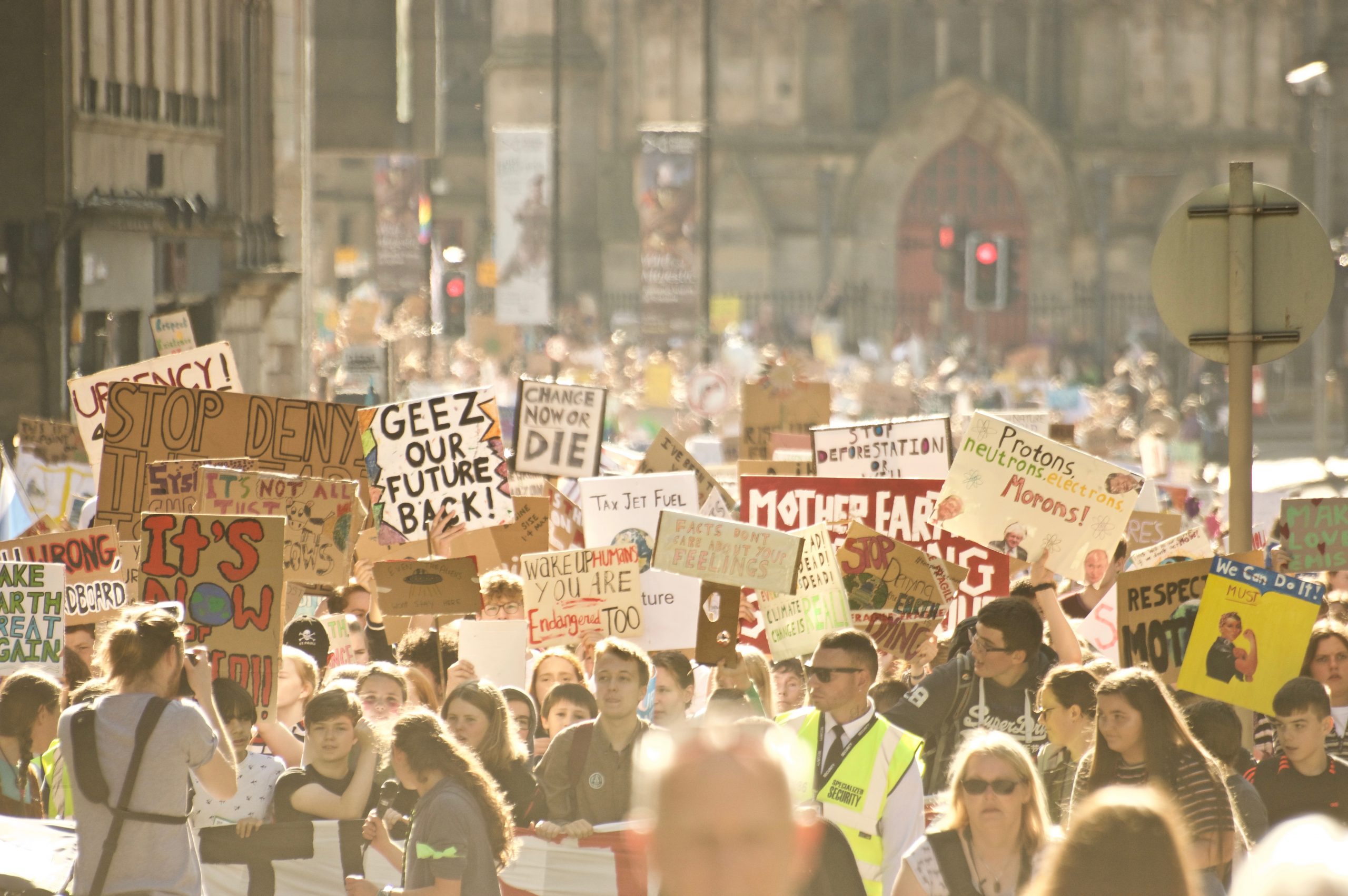
What is Scotland’s role in tackling climate change?
WHAT is Scotland’s role in tackling the greatest crisis of our time?
The day after the COP21 negotiations in Paris opened with a glitzy summit for world leaders, a group of countries extremely vulnerable to climate change published a manifesto calling for governments to halt global warming to under 1.5 degrees Celsius.
Many of these countries are low-lying and face unprecedented risks from rising sea levels.
As negotiators talk in a busy conference centre on the outskirts of Paris, these small island states are slowly disappearing under water.
Calling for a limit of 1.5 degrees, as opposed to the two degree limit that leaders agreed to years ago, may not seem very important – even inconsequential to us in Scotland who often experience all weathers in one day.
Yet the long-term effects of global warming are being felt through increasing extreme weather events like super typhoons in these climate vulnerable nations.
The difference between 1.5 and two degrees may be the difference between states being able to exist or cease to exist at all. Fundamental human rights are at stake.
Much focus during the climate negotiations is on the big polluters, such as the USA, Russia, India and China.
Rightly so – these countries are powerful in the global arena, and hold sway over market signals that could usher in energy transition or continue to encourage dirty, polluting fossil fuel extraction.
Big polluters – and their huge corporate fossil fuel company friends – should be held accountable for exacerbating climate change and blocking progress.
The call for a global commitment to halt warming to 1.5 degrees also poses deeper questions for countries like Scotland.

(c) Colin Hattersley / SCCS
Though Scotland is small, we have a large global footprint in terms of our fossil fuel use.
When black gold was struck in the North Sea four decades ago, Scotland and the UK grew rich.
We exported oil across the world and became a centre for international expertise in the oil and gas industry.
We have used fossil fuels to heat our homes and power our industries – and built our infrastructure and way of life around it. Living standards for many improved with the prosperity we gained.
We also became aware that burning fossil fuels poses a danger to us all, during these heady days of North Sea oil. Using oil and gas contributes to climate change, and the effects don’t stop at political borders.
So what role should Scotland play in the international climate negotiations?
Reflecting on this, I’m reminded of a story I read a couple of weeks ago in a Scottish newspaper about the Syrian refugee crisis. The article reported that way up north in the Isle of Bute, a tiny rural community was busy preparing for the arrival of several Syrian families who were to be relocated as part of the UK’s commitment to house 20,000 refugees over the next five years.
The article said that the community had proudly raised money for bare essentials for the new arrivals, and were looking forward to welcoming these vulnerable, homeless migrants in a spirit of friendship and solidarity. The same week, Scottish politicians stood up and said that they were proud that Scotland, a small nation with a big heart, would house a majority share of the Syrian refugees that the UK was taking in.
Getting states to transition from economies that are dependent on fossil fuels to cleaner renewable generation will not be easy.
The world is currently addicted to oil and gas. Yet Scotland has already started with ambitious renewable policies and world-leading climate change targets that has put our country well down the path to a low-carbon future.
The story cannot stop there. In the same way that an under-resourced Scottish community reached out to vulnerable Syrian families to protect their human rights and dignity, Scotland has a bigger part to play in the global climate change crisis. Many of our North Sea oil and gas reserves must remain in the ground unused if we are to limit global warming by 1.5 degrees. For our small country, proudly embarking on the transition from North Sea oil may be the crucial step in heeding the desperate cry of those most vulnerable to climate change.
Flick Monk is a Scottish member of the UK Youth Climate Coalition. Follow all the latest from Paris on Stop Climate Chaos Scotland’s Twitter account at @sccscot
